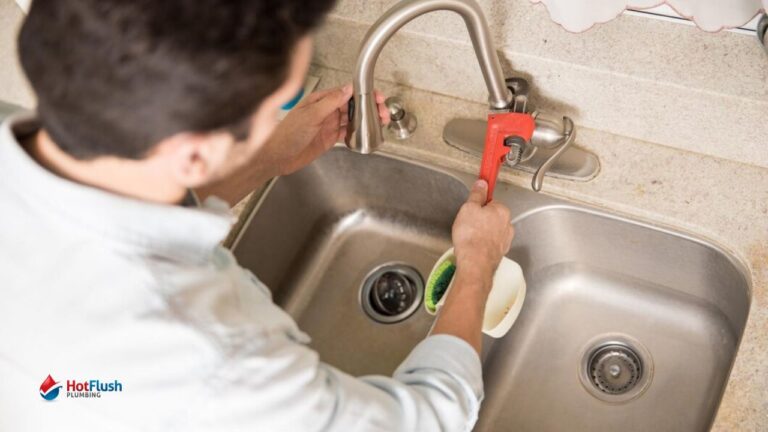Plumbing is something most of us don’t think about until a problem pops up. From leaking taps to blocked drains, even small issues can quickly turn into big and costly headaches. The good news is that with a little awareness and regular care, many plumbing problems can be avoided before they cause stress at home. Let’s look at some of the most common plumbing issues in Australian homes and how you can stay on top of them.
Why Do Plumbing Problems Happen in Homes?
Plumbing problems often start small. It could be a build-up of hair in the shower drain, tree roots creeping into outdoor pipes, or even old pipes wearing down over time. Many Aussie homes, especially older ones, face these issues more often because of ageing plumbing systems. Knowing what to look for can save you time, money, and frustration.
What Are the Most Common Plumbing Issues in Australia?
1. Leaking taps and toilets
A dripping tap or a running toilet might not seem like a big deal, but over time, it can waste hundreds of litres of water. This not only increases your water bill but also puts unnecessary pressure on your plumbing system.
How to avoid it:
- Replace worn-out washers promptly.
- Check taps and toilet cisterns regularly for signs of leaks.
- Don’t ignore small drips, they usually get worse.
2. Blocked drains
One of the biggest household headaches is a blocked drain. Hair, soap scum, food scraps, and even grease can build up and clog pipes. Outdoor drains are often affected by dirt, leaves, and tree roots.
How to avoid it:
- Use drain strainers in sinks and showers.
- Avoid pouring oils or fats down the sink.
- Schedule professional drain cleaning if water starts draining slowly.
3. Burst pipes
A burst pipe can cause major water damage in just minutes. In Australia, this often happens when pipes get old or corroded, or when tree roots crack underground pipes.
How to avoid it:
- Check for damp patches on walls, ceilings, or in the garden.
- Replace ageing pipes before they fail.
- Call professionals if your water pressure suddenly drops.
4. Hot water system problems
Few things are more frustrating than running out of hot water in the middle of a shower. Hot water units can fail due to sediment build-up, leaks, or old age.
How to avoid it:
- Flush the system every year to remove sediment.
- Get regular servicing to keep it working efficiently.
- Replace units that are over 10–12 years old.
5. Low water pressure
Low water pressure makes showers unpleasant and affects daily tasks like washing dishes. This can happen because of hidden leaks, build-up in pipes, or issues with your water supply.
How to avoid it:
- Watch for signs like uneven water flow or gurgling sounds.
- Fix small leaks before they become big problems.
- Get pipes checked if the issue keeps happening.
When Should You Call a Professional Plumber?
While some minor issues can be managed with simple DIY care, many plumbing problems require expert attention. If you notice frequent blockages, sudden changes in water pressure, or strange noises in your pipes, it’s time to call in professional help. Reliable Katoomba plumbers services can save you from costly repairs and protect your home from water damage.
Final Thoughts
Plumbing is an essential part of every home, but it often goes unnoticed until something goes wrong. By keeping an eye on small signs and doing regular checks, you can prevent many common problems from becoming emergencies. And when in doubt, it’s always best to trust experienced professionals who know how to get the job done right.
For dependable plumbing care in Australia, you can always count on Hot Flush Plumbing. Their friendly team understands local homes and provides expert solutions to keep your plumbing system safe, efficient, and worry-free. Contact them today to book a trusted local plumber and keep your home’s plumbing in top shape.
